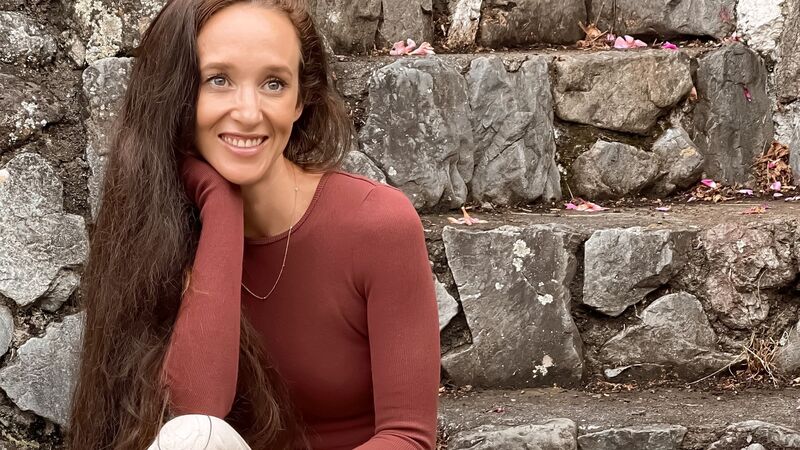You are viewing your 1 free article this month. Login to read more articles.
Where are all the Black editors?
This piece was going to be about the art of editing and how vital this is for career progression. It was going to talk about the challenge faced by young editors to get editing hours under their belt. The day-to-day job of publishing books, all the marketing and the admin, means that editing often gets pushed into the weekend and the evenings. Or it gets freelanced out.
I was going to say that we need to carve out more time in-house for the development of those editorial skills and also look at the range of training provision for editors both internally and externally.
This is the piece I wanted to write. But I cannot ignore the pattern that appears again and again when I speak to young Black editors. It centres on the progression and the poor retention of editors of colour, and Black editors in particular. This observation is supported by statistics from the US. Overall, US publishing has fewer people of colour in editorial now than in 2015. The latest UK publishing data comes from Bookcareers.com. It is less granular, but suggests that in recent years the proportion of staff from minority groups in publishing is getting smaller and not bigger.
It’s hard to be an editorial assistant. The pay can be low, the hours are long and the pressure is intense. Now, let’s consider all of that and then think how exhausting it is to be the only one in the room.
Or maybe, even more challenging, being mistaken for the other Black girl in the room.
Or being accosted by a guest at a book launch to take their coat because they assume you’re cloakroom staff.
Or being told that “you don’t strike me as an editor” by the HR department even though you have all the “receipts” of a “typical” editor—Oxbridge/an English degree etc.
These are just my experiences. Every Black editor I’ve spoken to could reel off a list. It is hard to be an editorial assistant, but harder if you are from a minority ethnic group. Therefore, if publishing wants editorial talent of colour to stay, the industry needs to be clearer about the route of progression and really scrutinise the timelines for that progression. Progression means more autonomy and autonomy is empowering.
It’s hard at the bottom. Harder when you look up the career ladder and don’t see anyone like you at the top. It makes it pretty difficult to believe that you might get there one day. Publishing should work harder to make sure editors of colour feel like they “belong”. To actually recognise the fact that they might not feel like this as a default. If the industry does not do this, they will continue to lose good editors and our collective culture will suffer as a result.
Doubling up
There is another part to this and it is expressed quite brilliantly by Vimbai Shire, founder of publishing services company Beyond White Space, who has been an editor for more than 21 years and has delivered countless hours of editorial training: “So many of us labour under the expectation—instilled in us by parents or grandparents, who fought for their seat at the table—that we have to work twice as hard, be twice as good as our white peers in order to progress in our field. That’s a huge and unfair burden to carry into any workplace, particularly one [like publishing] that has been predominantly white and middle class for a long time. The weight of that expectation and the pressure to get everything right can be overwhelming.”
Vimbai adds: “So I think that possibly the greatest gift that senior editors managing young editors of colour can give them is a safe place to try new things, to stretch and challenge themselves, and a safe place to fail and learn from their mistakes.”
Looking back, I realise that this is exactly the gift I was given as a young editor when I left a big publishing house and went to work for a fiction packager. I was given the space to fail. I was given the time to edit. I learnt how to structure a story, give extensive structural edits and do forensic line-editing. I did this for hours and hours for years. Being equipped with these editorial skills has been key to me staying and thriving in this industry.
Today, I’m the founder and editorial director of a children’s book packager called Storymix and I’m currently recruiting for an assistant through the Department for Work & Pensions Kickstart Scheme. I’ve partnered with Creative Access because I would like to reach candidates that are underrepresented in publishing. This placement is only for six months, but a key focus is going to be on the art of editing, and I’m going to support that person to try and fail and try again.
Seasoned editors will tell you that their editorial practice is a lifelong journey of learning and refining their expertise. Let’s make our industry a place where all get the chance to go on that editorial journey.
Jasmine Richards is an author and editor with more than 15 years’ worth of publishing experience. In 2019 she founded Storymix: The Inclusive Fiction Development Studio (www.storymix.co.uk).









